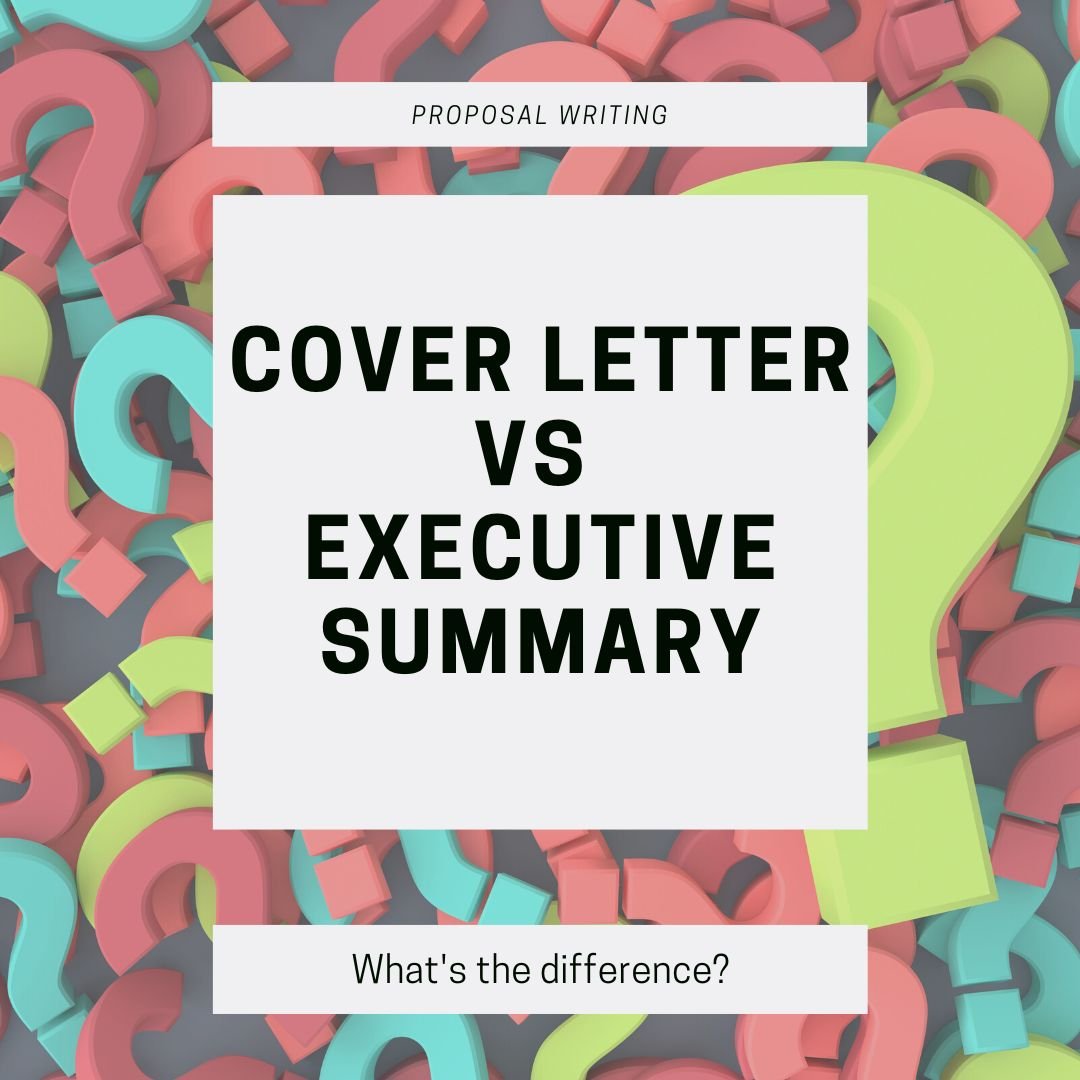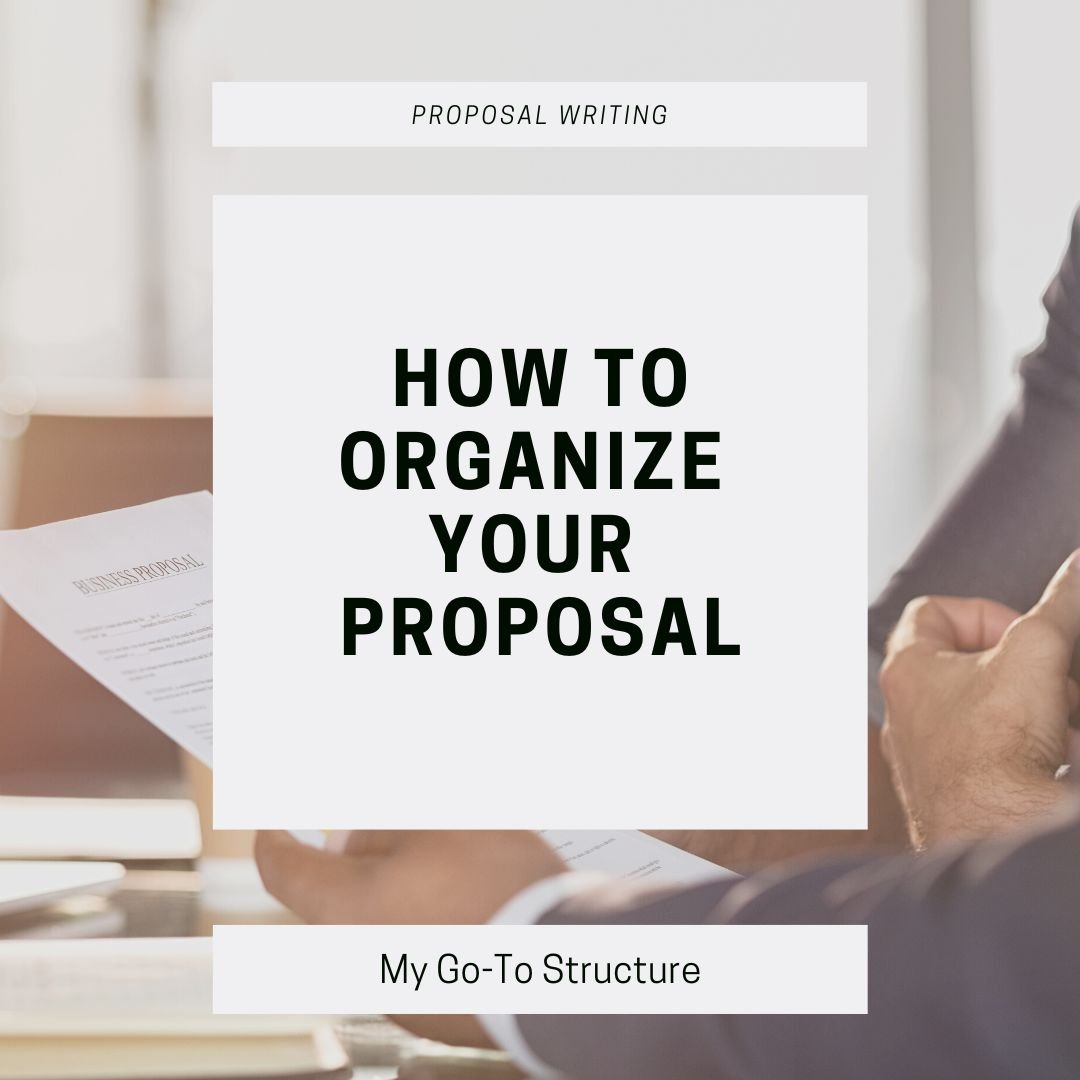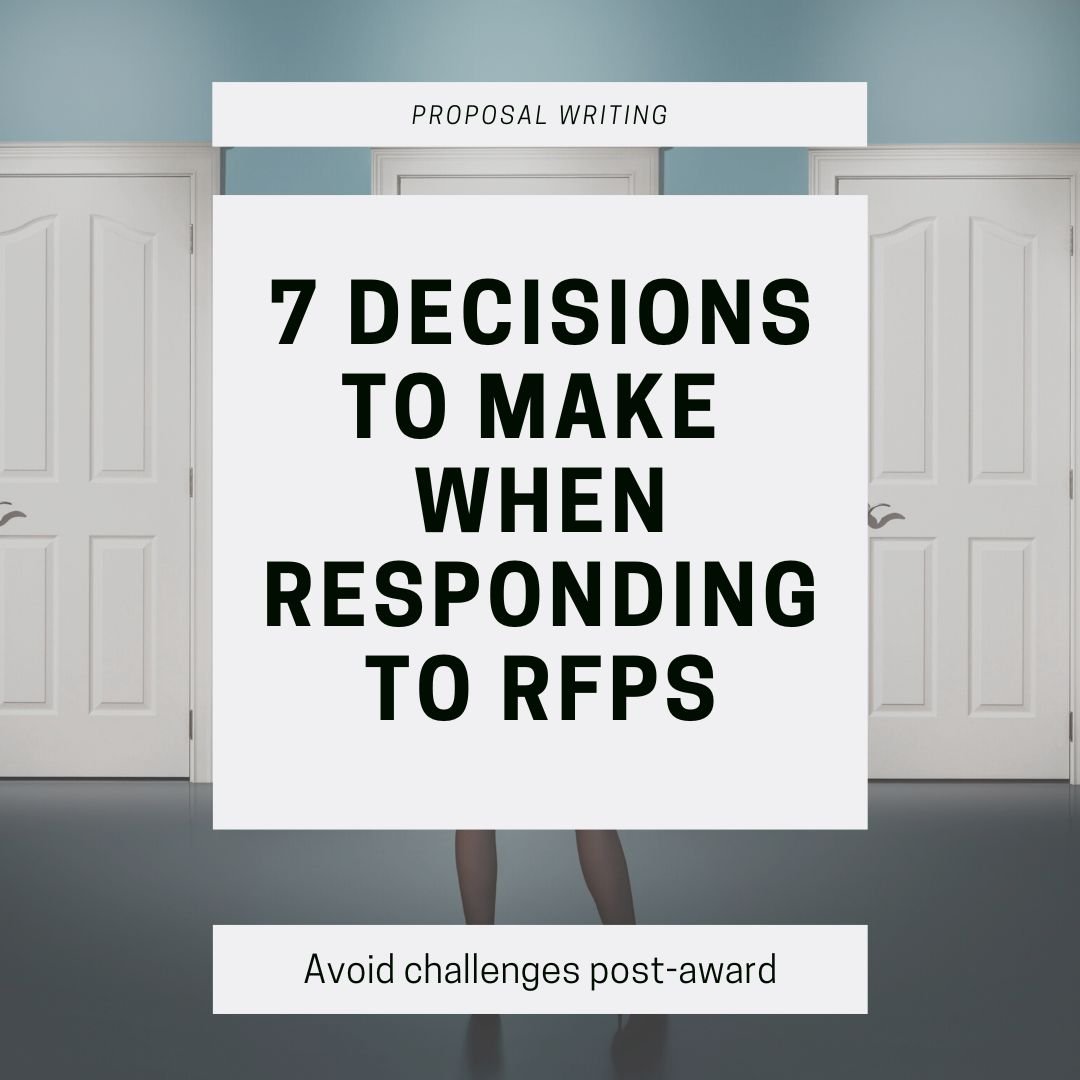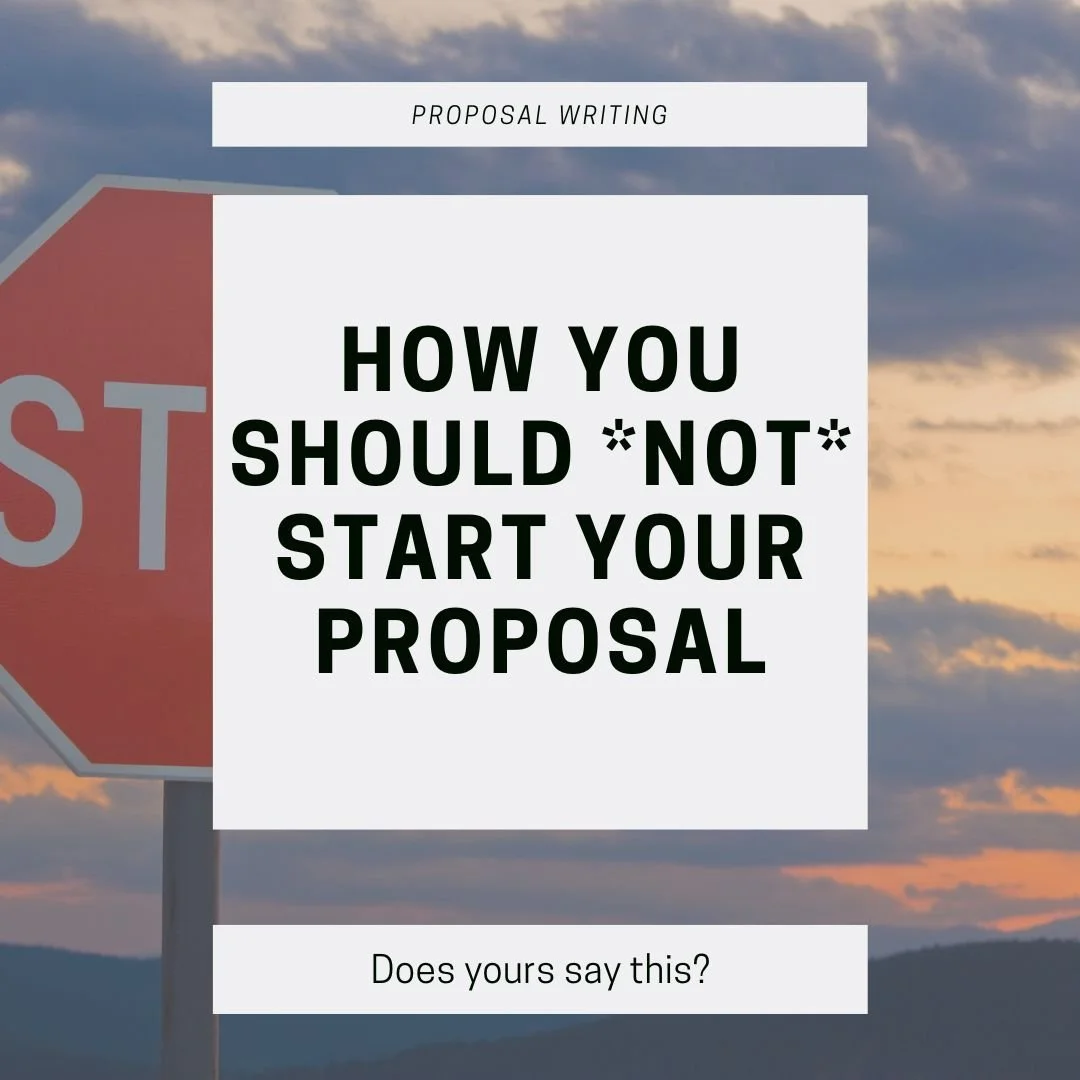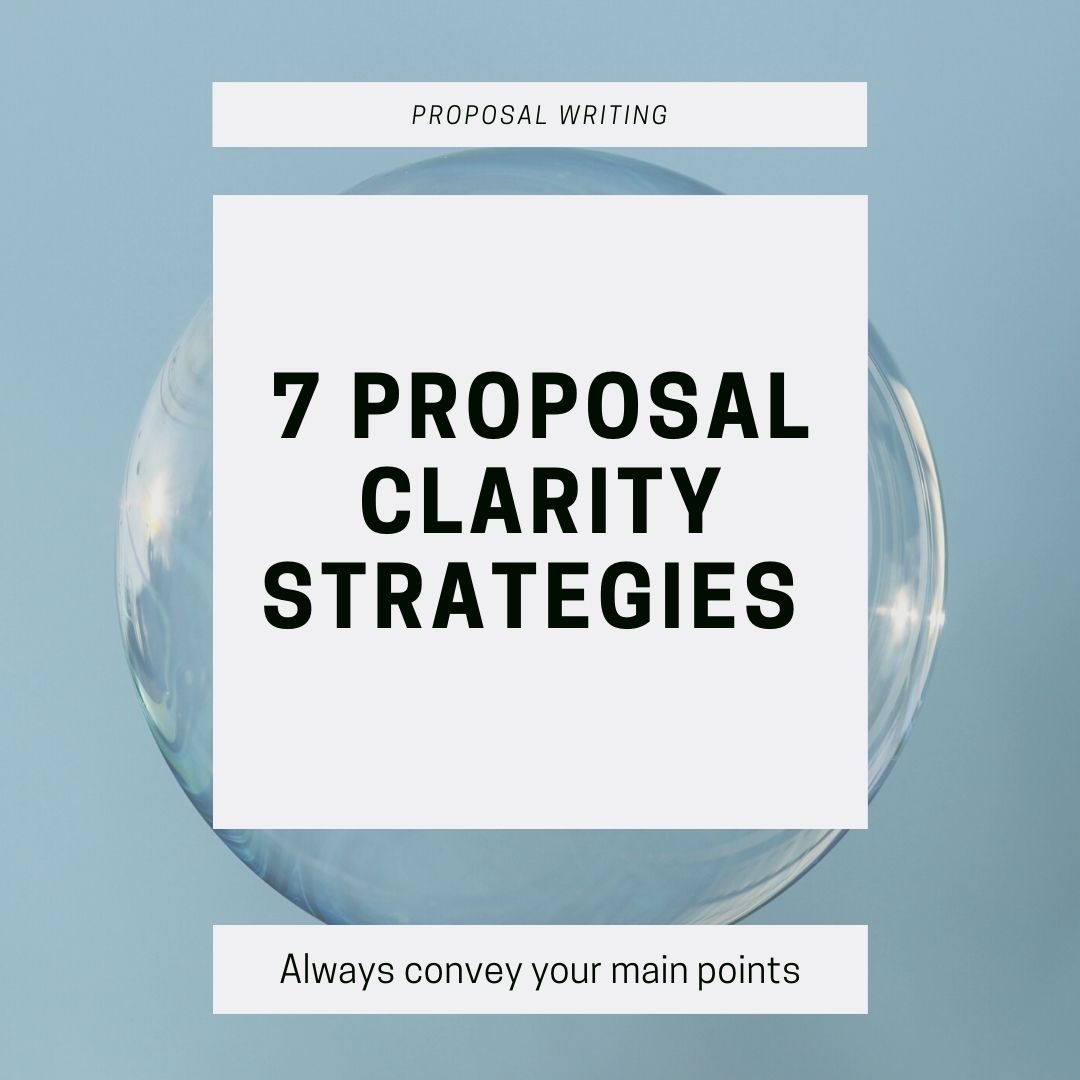One question that has come up several times in the past few weeks is “How do I write faster?” Especially when dealing with RFP deadlines, everyone wants to know how to make the process easier to hit more deadlines while still creating quality proposals.
I tend to be a quick writer naturally, and over time, I’ve developed a few additional strategies to help me write my first drafts even faster. If you’re watching the clock and wondering how to make your writing easier, try out some of the tactics below!
Read More

